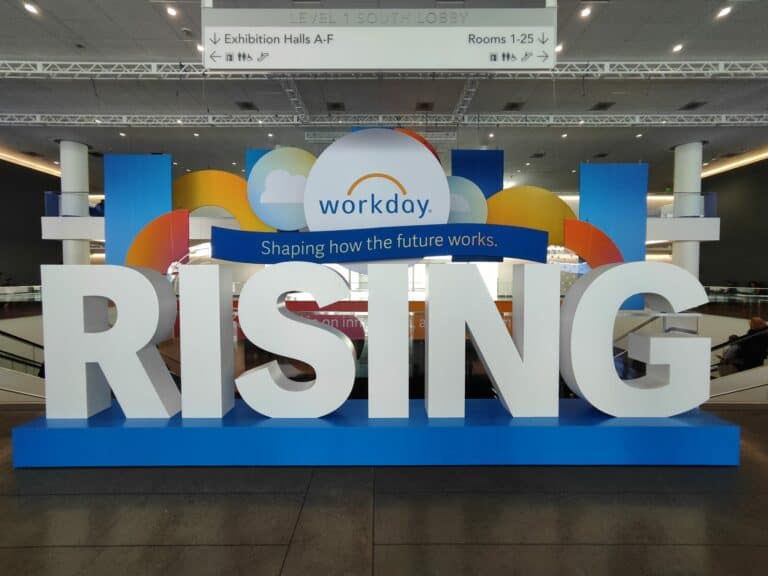It’s been a busy week at Workday, the company used the US leg of its annual Workday Rising user convention to announce new generative AI capabilities designed to shoulder core functions carried out in personnel departments such as drafting job descriptions and expense reports. The company also brought forward enhancements to Workday Extend – the organization’s low & no-code Human Resources (HR) application customisation toolbox – all of which are aimed at improving the developer experience and driving business and IT efficiency.
Workday Extend helps software application developers build customized capabilities and entire applications for finance and ‘people processes’ – another way of saying HR. With personal personnel information ranking among the most sensitive of all data (along with healthcare data, financial and banking information and perhaps utilities data), Workday calls out the high level security and ‘responsibility’ controls that it puts in place for this toolset. Workday Extend now is opening the power of AI and ML through Workday AI Gateway – a technology tier designed to provide developers with access to Workday AI and ML services,
New functionalities include software code components designed to handle aspects of HR such as skills analysis. The technology uses Workday Skills Cloud (the company’s cloud service and corresponding set of workplace data) to compare and contrast skills to help developers quickly extract relevant skills from text to continue to grow internal skills and developer capabilities.
Sentiment analysis supports processes for analyzing digital text to determine if the emotional tone of a message is positive, neutral, or negative. Document intelligence here makes use of Workday’s curated ML models to help users extract business-relevant fields from business documents like resumes, receipts and generic documents.
ML forecaster
An ML forecast function provides developers with a time series forecaster to make seasonal and non-seasonal predictions. The Application Programming Interface (API) accepts a list of historical values along with the start date of the historical series and a time horizon for the number of future forecasted intervals and optionally (e.g., seasonality), and responds with predictions for future dates.
Workday plans to support several AWS AI services natively in Workday Extend to enable developers to create Workday Extend apps with advanced features derived from using these hyperscale innovations.
In addition to planned offerings of event-processing capabilities powered by Amazon EventBridge, customizable functions using AWS Lambda, and storage with Amazon Simple Storage Service (S3), Workday plans for Workday Extend to support AI services powered by AWS, including Amazon Comprehend, Amazon Rekognition, Amazon Textract and Amazon Translate.
“Workday Extend is the essential platform enabling customers and partners to build apps that support their unique finance and people needs,” said Matt Grippo, general manager, cloud platform, Workday. “Our new Workday AI Gateway and native AWS integration opens the door to a world of new possibilities that allow developers to move fast, accelerate innovation, and deliver deep business value securely and responsibly at scale.”
With these services planned to be available within Workday Extend, developers can gain deeper insight within text – including sentiment, key phrases, images, videos, and across various languages – to rapidly build customized apps that support their unique and evolving business needs. Connectors from Workday Orchestrate to AWS services will enable developers to easily interact with AWS services while remaining protected with Workday security controls.
No-code software development
To enhance no-code experiences for developers and increase collaboration between the business and IT teams, Workday introduced new capabilities to App Builder, its no-code/low-code web-based developer toolset. These include code generation from data, which enables developers to generate code from a Workday business object using a visual experience; and page builder, which is a planned no-code visual experience that will help developers build full apps with clicks.
In addition, Workday plans on further enhancing the developer experience with Developer Copilot, a new human-machine teaming capability that will leverage the power of generative AI to support the development lifecycle. Developer Copilot will be natively embedded into App Builder and will provide text-to-code generation capabilities to improve developer productivity and customer time-to-value by turning natural language into app code.
These developments will provide Workday Extend business developers with a, visual experience to create new apps faster while enabling the organisation to consolidate systems, adapt to changing business needs and – it is hoped – to deliver a more connected experience.
Image credit: Adrian Bridgwater
